
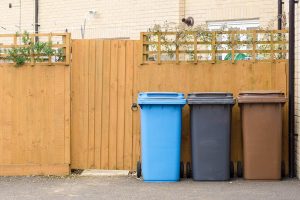 A recycling expert has offered up criticisms of British Columbia’s extended producer responsibility system for printed paper and packaging.
A recycling expert has offered up criticisms of British Columbia’s extended producer responsibility system for printed paper and packaging.
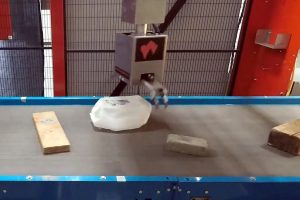
Still from a Waste Robotics demonstration video.
This story has been updated.
The Canadian government will invest in a company that’s developing artificial intelligence machinery to separate materials at recycling facilities.
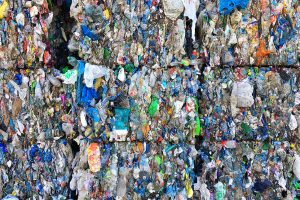 Merlin Plastics and Peninsula Plastics Recycling are making substantial investments in mixed-plastics processing capacity, bringing positive news for a region hard hit by China’s ban.
Merlin Plastics and Peninsula Plastics Recycling are making substantial investments in mixed-plastics processing capacity, bringing positive news for a region hard hit by China’s ban.
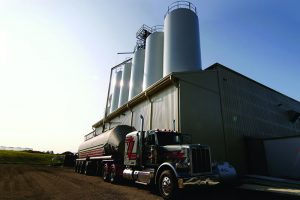
The EFS-Plastics facility in Listowel, Ontario.
Many municipal programs and facilities have recently tried to cut back on mixed plastics, citing tight markets. But reclaimer EFS-Plastics has plans to open a third North American operation and is on the hunt for more mixed bales to fuel its growth.
Canada’s capital tested whether wrapping receptacles with splashy graphics of recyclables can improve capture rates and reduce contamination. The move can be effective, but such a strategy also has limitations.
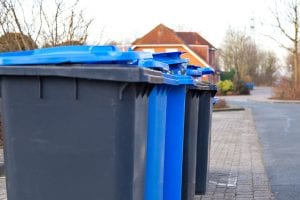 Toronto-based GFL Environmental has entered a merger agreement with Raleigh, N.C.-headquartered Waste Industries.
Toronto-based GFL Environmental has entered a merger agreement with Raleigh, N.C.-headquartered Waste Industries.
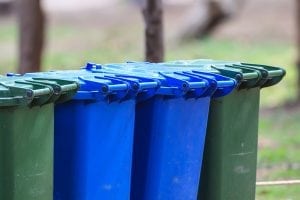 The Continuous Improvement Fund (CIF) recently looked into the efficiency of using collection-vehicle drivers to pick out contamination and other approaches that could lead to cleaner streams of recyclables.
The Continuous Improvement Fund (CIF) recently looked into the efficiency of using collection-vehicle drivers to pick out contamination and other approaches that could lead to cleaner streams of recyclables.
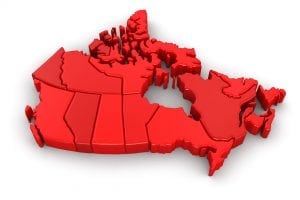 Four provinces that employ extended producer responsibility for residential recyclables have released recycling rate numbers that would make many U.S. states green with envy.
Four provinces that employ extended producer responsibility for residential recyclables have released recycling rate numbers that would make many U.S. states green with envy.
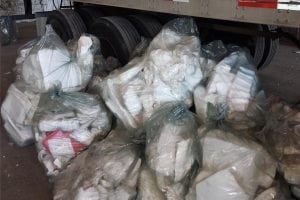 Canada’s largest city conducted a pilot project last year to find a consistent outlet for densified foam polystyrene. The effort reached a clear conclusion, but it wasn’t good news.
Canada’s largest city conducted a pilot project last year to find a consistent outlet for densified foam polystyrene. The effort reached a clear conclusion, but it wasn’t good news.
